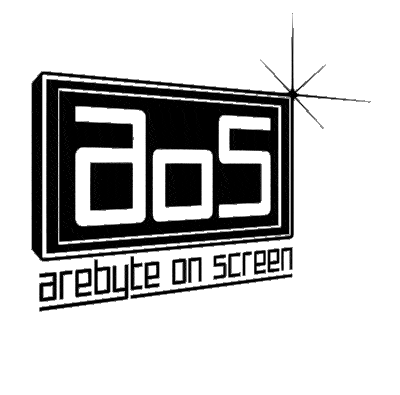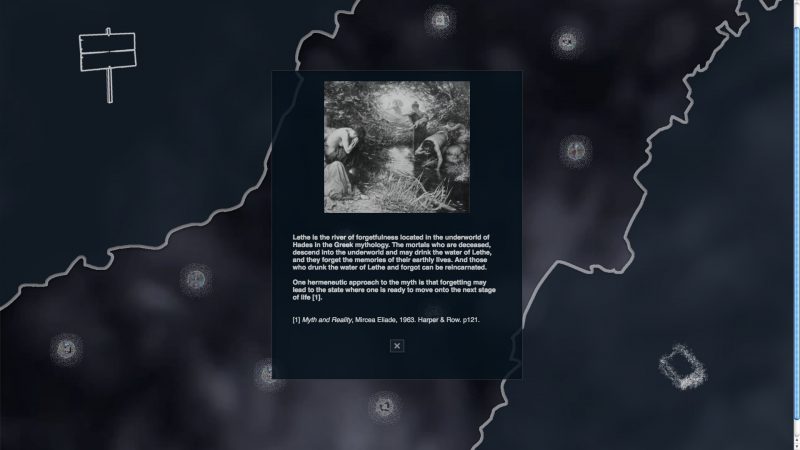forgetting.online
Shinji Toya
(2016-2017)

The web phenomena of going viral make digital memory nearly immortal, and society becomes unforgetting of the memory. [1] The viral images headlined “embarrassing pictures,” the careless and misled tweets that disseminate and become un-retractable, and the online data associated with malicious acts, such as revenge porn, are only a few examples of how the viral memory could negatively affect one’s life. Should we speculate about possible systems that counteract the viral, immortal memory?
forgetting.online is a web based work that responds to this question while exploring the poetics of transiency, mythological narrative, collective digital forgetting, and learning to forget. This participatory project invites the public to share memories they wish to forget. The memory, submitted in the form of a written text, will be posted and anonymously shared on the website (www.forgetting.online) for the online world to view. Each memory post will go through a digital fragmentation process whereby the more the post is viewed, shared or accessed the more the appearance of it will change – the post will decay and become blurry or pixelated until it is no longer perceptible, thus becoming ‘forgotten’.
This system is intended to be anti-viral. Through the viewers’ collective acts of viewing and sharing, the post could be disintegrated and lost before it disseminates widely and proliferates the internet (goes viral). This kind of system exploits the contemporary desire to see and share online, in order to paradoxically make the digital memory more and more invisible, and forget it both digitally and societally.
forgetting.online also encourages forgetting that was once claimed to be “dead” in digital society, by Viktor Mayer-Schönberger. [1] The site provides a database where the participants and viewers can access various ideas of forgetting and read Internet tips for “how to forget.” The river shaped interface of the website is inspired by Lethe, the river of forgetfulness from the Greek mythology. In the myth, the water of Lethe erases memories and allows people to move onto the next stage of life.
[1] Delete: The Virtue of Forgetting in the Digital Age. Mayer-Schönberger, Viktor, 2011. Princeton University Press.
Shinji Toya (1984) is a digital artist from Japan, based in London UK for over 10 years. His practice is process-driven and uses computer programming, the Internet, participation, video, image manipulation and computer vision (Artificial Intelligence). It deals with the poetic aspects emerging in the tension between what the systems (of knowledge and computation) aim to capture and what they fail to capture. This kind of epistemological gap often appears as the presentation of paradox, nuanced incoherence or complexity. Echoing his transnational background, these approaches of the work suggest the limits of framing (e.g. of understanding, computability or language).
This work was part of arebyte Gallery’s Storage Un.it.
Storage Uni.It was a small project space located in a storage unit in arebyte Gallery’s previous Hackney Wick location. The space featured a series of projects which took place online and investigated the relationship between the URL & IRL.


